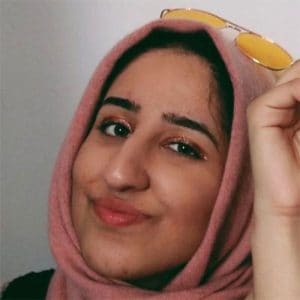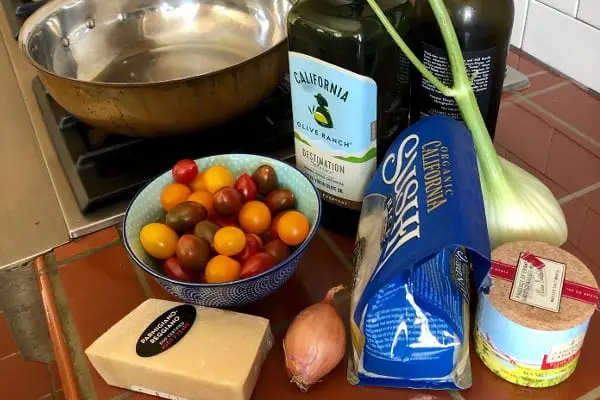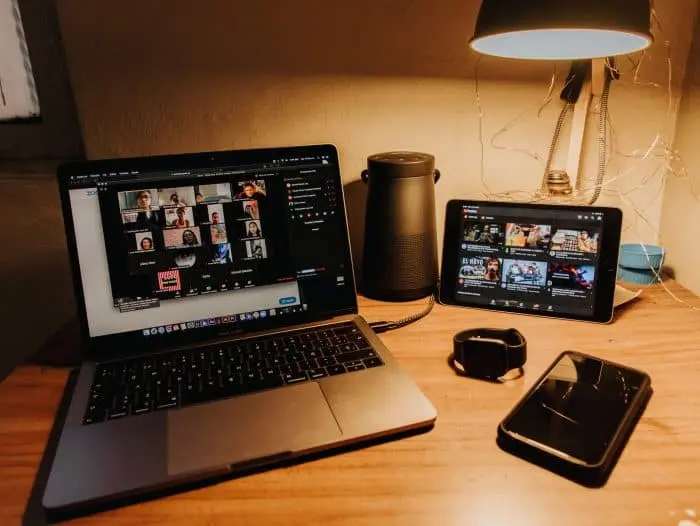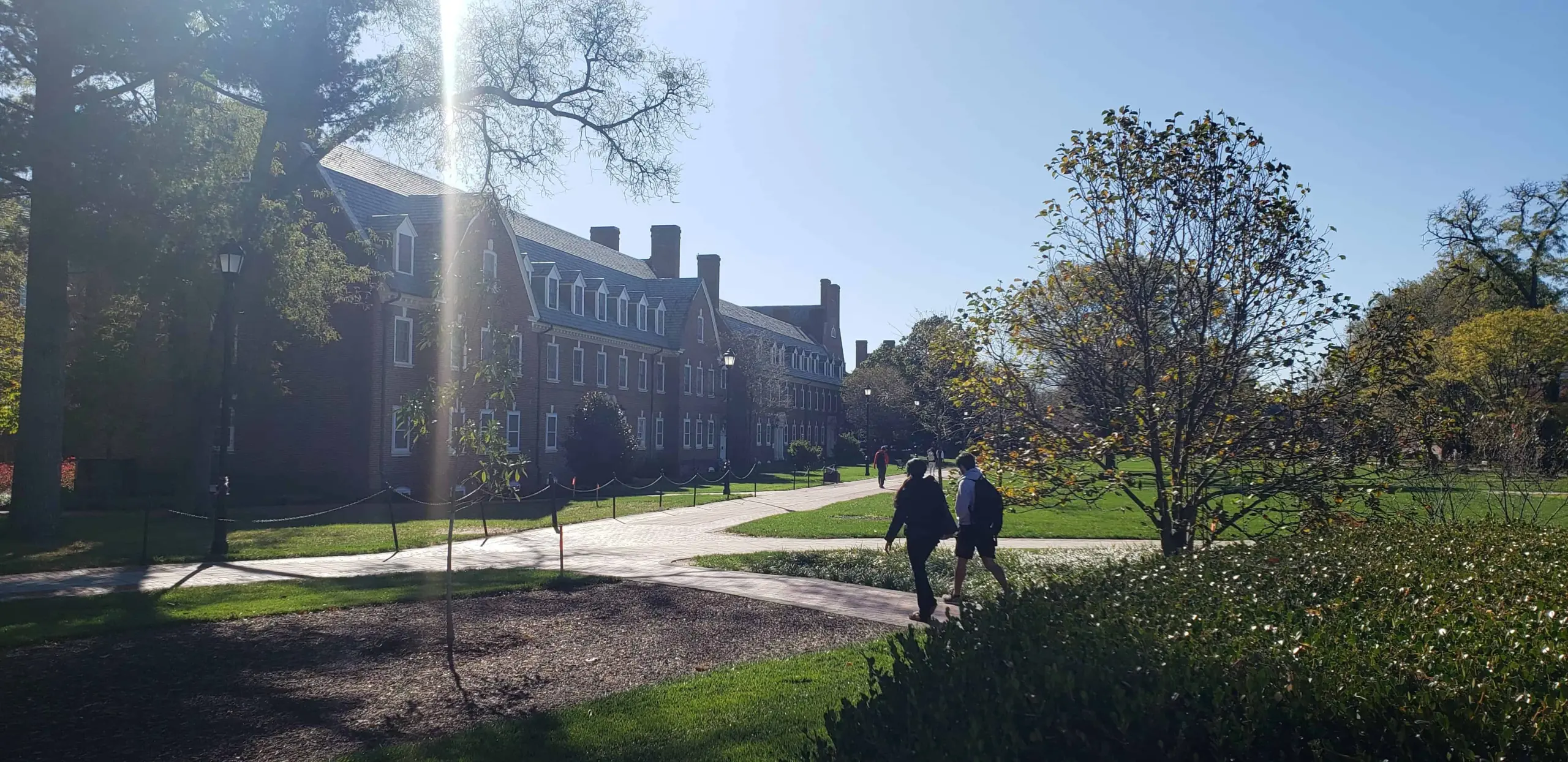This Q&A is part of Local Heroes: Journalists Covering COVID-19, PEN America’s series spotlighting local journalists across the country in celebration of World Press Freedom Day 2020, elevating the importance of a free, vibrant, and inclusive press.
Name: Zainab Iqbal
Outlet: Bklyner
City: Brooklyn, NY
 What do you want your readers to know about what goes into the coverage they’re relying on?
What do you want your readers to know about what goes into the coverage they’re relying on?
We, at Bklyner, put our everything into our reporting. Currently, there are only two full-time staff members. There’s me, and then there’s Bklyner Publisher/Editor Liena Zagare. We have a few freelancers, too. All I have to worry about is the writing and reporting. Liena has to worry about it all. But she does it with such grace and power, that you will be left in awe wondering how she makes it all work.
Our coverage now is obviously all coronavirus-related. It’s every COVID-19 angle you can think of. We’ve been working remotely, so every interview is done over the phone, through email, or text. It’s necessary, I understand that, but I still miss physically going outside to report. I miss sitting down on a bench and listening to someone tell me their story. I miss observing the movements of their hands as they recall something important to them. I miss jotting in my notepad the way they’d scratch their chin when thinking of the answer to my question.
As long as people keep reading, we won’t stop reporting. It’s not always easy, but our immense love for the communities we cover keeps us going.
“As long as people keep reading, we won’t stop reporting. It’s not always easy, but our immense love for the communities we cover keeps us going.”
In what ways has local news played a vital role in response to the COVID-19 crisis?
The beauty of local news is in the first word: local. We write about small shops being forced to close—the same small shops we go to with our friends. We write about people dying from the coronavirus—the same people we have passed by on the street. We write about restaurants delivering amid the pandemic—the same restaurants where we’ve eaten with our families. We write about neighborhoods that now have a refrigerated truck standing on the side of the street—the same neighborhoods that were once loud with laughter and filled with light.
Local news has always played a vital role, but even more so now. It’s because we know our communities. We know the people, who have become our friends. We know the shops, and we know the food. You can’t really get that kind of perspective from a national outlet. And that is why local news will always be special.
“Local news has always played a vital role, but even more so now. It’s because we know our communities. We know the people, who have become our friends. We know the shops and we know the food. You can’t really get that kind of perspective from a national outlet. And that is why local news will always be special.”
What stories have you reported on that have given you the most hope?
The story that has given me the most hope is the one I wrote on death and funerals. This makes me sound like a cruel human being, but I promise I have good reasons.
Everyone knows what happens when someone gets the coronavirus. They usually have a fever, a bad cough, and sometimes no sense of smell or taste. We know what happens when the symptoms get worse to the point where someone cannot breathe—they go to the hospital and get treated. Some get intubated. Some come back home. Some die. So what happens after that? How do you grieve? How do you bury your loved one? How do you have a funeral when there are social distancing rules?
In Islam and Judaism, when a person dies, they are supposed to be buried as soon as possible. Both faiths also have sacred traditions that need to be fulfilled when someone dies. There’s a ghusl, a tahara, the shrouding of the body in white cloth, the janazah, the funeral, and the burial. In the age of the coronavirus, these things become so much more complicated.
“We are all collectively grieving, and we are all working together. It’s like there is now this one big community. In the midst of our differences, we are all the same. And that is what gives me hope.”
So, I figured out what was happening now. I remember speaking to someone who just buried her dad a few hours before we spoke. I remember speaking to a funeral director who had to guide families. I remember speaking to an imam who had to read over 10 janazahs every single day. These were real stories from real people.
And so, why does this give me hope? Well, we are all collectively grieving, and we are all working together. It’s like there is now this one big community. In the midst of our differences, we are all the same. And that is what gives me hope.
What books, poems, podcasts, or other creative media have you been turning to for comfort or inspiration?
It’s Ramadan, and it came at the most perfect time. I’ve been fasting, and that has been keeping me at peace. I spend my days reporting, of course, but I also spend them trying to get closer to God. What better comfort is there?
I also have this journal. It’s black, and the cover has a leather-y texture to it. It says “Thoughts to Ponder” on the top. Every now and then, I’ll grab a pen and write my heart out. Sometimes I make the mistake of rereading my entries, and they sound very cringeworthy. But, writing them makes me feel better. And so, I will always write.
About Zainab Iqbal
Zainab (pronounced, za-nuhb) Iqbal joined Bklyner as a staff reporter in 2017 when she was still an undergraduate student at Brooklyn College. She covers anything that needs to be reported, or anything her boss tells her to. Before this, she was the proud editor-in-chief of the Brooklyn College campus newspaper, The Excelsior. She has lived in Brooklyn since her birth in 1997 and believes it is the best borough, no question. When Iqbal is not writing, thinking, or bugging people with questions. . . she is still writing, thinking, and bugging people with questions. That—fortunately, or unfortunately, depending on how you look at it—will never stop.











